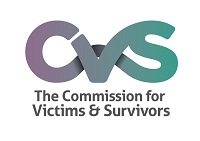Audit and Assessment
Supporting Justice helps clients to improve the quality of the services they commission or deliver through auditing and assessing these services. We use our Victims Choice Quality Mark framework which contains a robust set of standards for victim and witness care, which can be seen here. The standards can be used to design services, audit services and, importantly, set a benchmark for good practice through the UK‘s first Quality Mark assessment for victim services.












